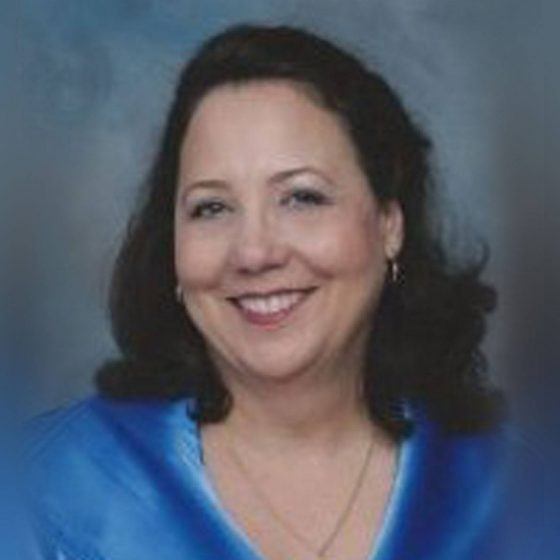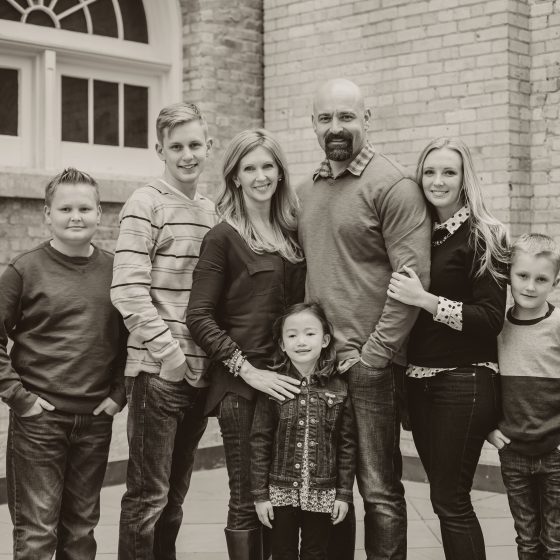Nolan Auerbach & White are experienced Pharmaceutical Fraud Lawyers helping courageous whistleblowers.
FDA guidelines, authorize pharmacists to “compound” or mix medications in response to a physician’s valid prescription. The regulations further require that the mixed or compounded medications are medically necessary and not commercially available. Compounding pharmaceutical ingredients serves an important need for physicians and their patients.
Federal law, including the Centers for Medicare and Medicaid Services (CMS) guidelines and the regulations of other Government Healthcare Programs, prohibit coverage of claims for “compounded” medications when the claims are submitted by a company that is mass manufacturing large amounts of unapproved drugs in violation of the Federal Food, Drug and Cosmetic Act (”FFDCA”), under the guise of “compounding.”
Responding to an ever-growing problem in recent years, the FDA has issued multiple warning letters against nationwide pharmacies that have been mass manufacturing “compounded” drugs in violation of the FDCA. In addition, the FDA, together with the Department of Justice, have pursued criminal and civil prosecutions against entities and individuals involved in harmful mass-production of compounded drugs.
The Medicare Carriers Manual (MCM), section 2049.4(E) states the basic payment requirements for compounded drugs. When the section cites, “By compounding drugs on a large scale, a company may be operating as a drug manufacturer within the meaning of the Federal Food and Drug Act (FFDA), without complying with the requirements of that law,” CMS is not indicating that such large scale compounding “MAY” be acceptable. Rather, it is not acceptable – a correct interpretation of the law.


